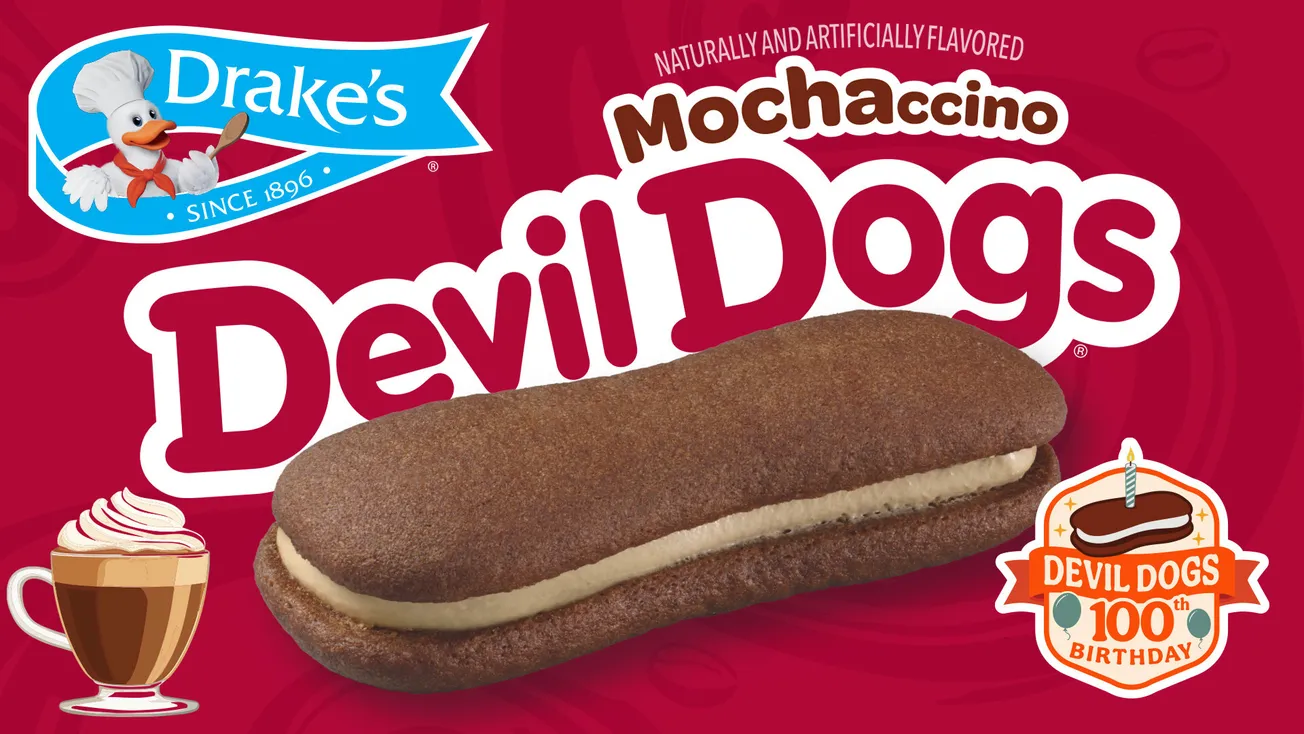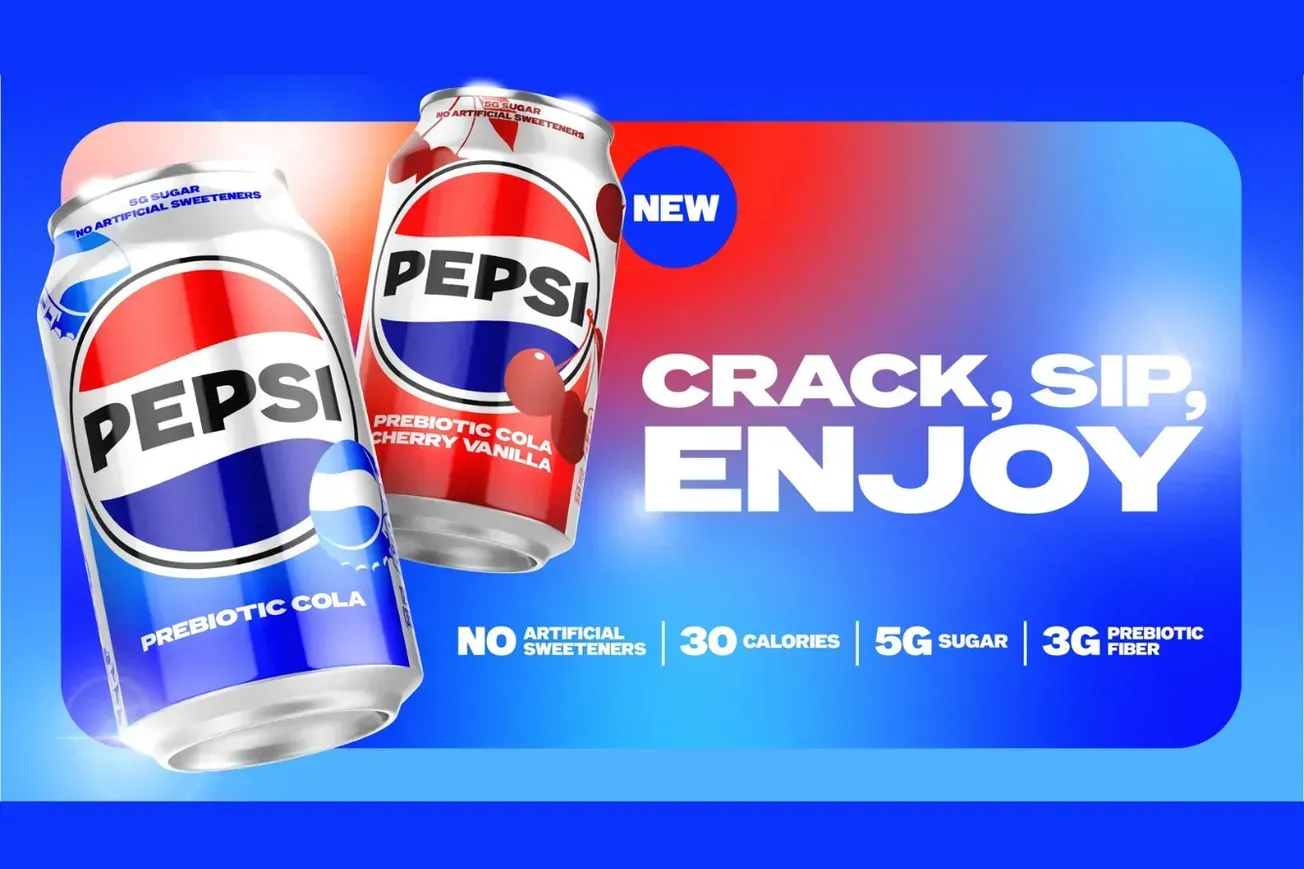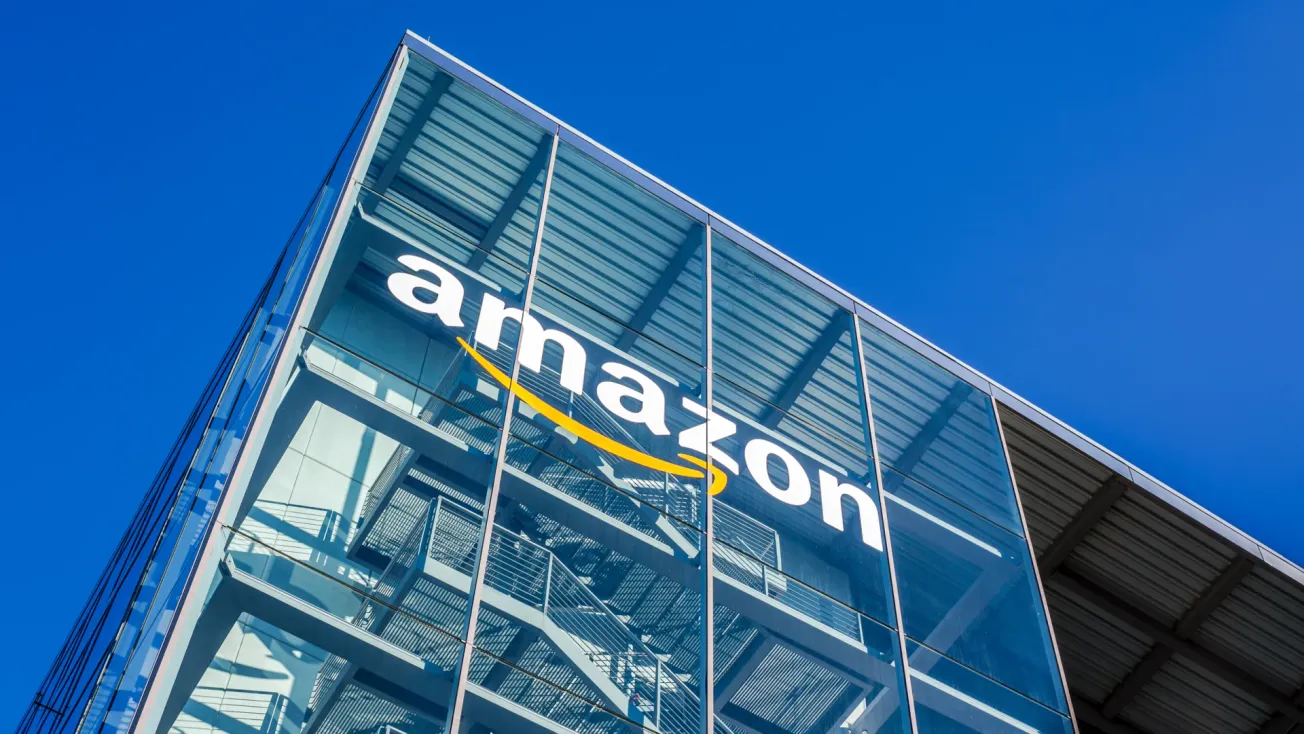NEW YORK — In the era of omnichannel retailing — when consumers expect to be able to shop whenever, wherever and however they choose — the system that connects an organization can produce a competitive edge. For the past three years, T-Mobile has made it a point to help retailers seize that opportunity by building solutions around its advanced 5G technology.

“Our offerings are differentiated in a couple of ways,” says Roopi Crowley, the company’s managing director of strategic accounts for retail, oil and gas, and utilities. “The reach and capabilities of our network are unmatched. And that’s just the beginning; we want to be a solutions provider for retailers.
“An important part of our value proposition is how we come in and do strategy building,” adds Crowley, who spent 25 years at Bed Bath & Beyond before joining T-Mobile. “Let’s identify problems and solve them together as a true partner, not a vendor.”
The company’s 5G network is the starting point for those discussions. According to Crowley and her colleagues, the speed and reliability of the technology enhance operational efficiency, improve security and reduce costs.

“We want retailers and CPG companies to understand that there is an alternative to Wi-Fi out there, and that if they’ve looked at cellular in the past, it may be time to reconsider,” says Karl Connolly, chief technology and marketing officer at Cellhub, a primary agent and consultancy that has worked with T-Mobile for a quarter century.
“Because what T-Mobile offers is dramatically different from all the previous Gs [generations of mobile networks]. T-Mobile has a unique differentiation from the other carriers in the U.S., and retailers and suppliers can certainly benefit from that.”
He explains that T-Mobile has significant advantages, the most important of which is the architecture of its network. The company decided to adhere exclusively to 5G standards, while its rivals adopted a hybrid approach that relies on a “legacy core.”
“T-Mobile’s network being standalone means that they can do very unique things,” Connolly says. “For example, they partnered with Starlink [a satellite-based telecommunications service] to offer non-terrestrial connectivity across the U.S. So no more dead spots — that’s very important. Secondly, they can employ what’s called a network slice, whereby a user or an enterprise can essentially get their own customized version of a 5G network from T-Mobile.”
The ability to create network slices enabled the company to launch T-Priority for first responders, including those in New York City. Dedicated slices are also applicable to merchants and CPG suppliers. “T-Mobile also has what’s called a secure slice, so the endpoints for retailers and CPG companies are protected, because their data never traverses the internet,” adds Connolly.
T-Mobile’s wireless internet capabilities deliver additional benefits at store level, according to Bill Roof, T-Mobile’s senior managing partner of strategic sales. In addition to help “running the store,” the technology empowers workers, leading to improvement in customer satisfaction.

“One of the biggest advantages that we can bring to retailers today is the connected associate,” explains Roof, who has been in the technology field for more than 30 years, 22 of them at T-Mobile. “What good is an associate in a store who is talking to a customer looking for something on the store app. Associates need to be connected, and they need to be informed. We are offering purpose-built coverage within stores, within distribution centers, so everything can be connected.
“Many retailers are trying to engage more with employees through gamification. They want associates to take the devices they use in the store home so they can interact with them on things like scheduling. That interaction is key for retailers, and it’s going to change the way they can service customers.”
T-Mobile is leveraging its 5G capabilities to deliver a range of other tailored solutions for retailers and CPG companies. Existing tools include internet of things (IoT) applications for monitoring the status of in-store equipment, shopping cart tracking, other security functions and retail media networks. Whether a client is a large retailer (current customers include Kroger, Albertsons, CVS Pharmacy, Walgreens and BJ’s) or a small chain, T-Mobile is committed to tailoring its offerings to their needs.
“That’s where we come in as a team and say, ‘All right, let’s have a whiteboarding session. Let’s understand your problems,’ ” Crowley says. “ ‘Tell us what you’re trying to achieve, and how we can help you future-proof your business — not only for this year, but for the next five or 10 years.’ ”







